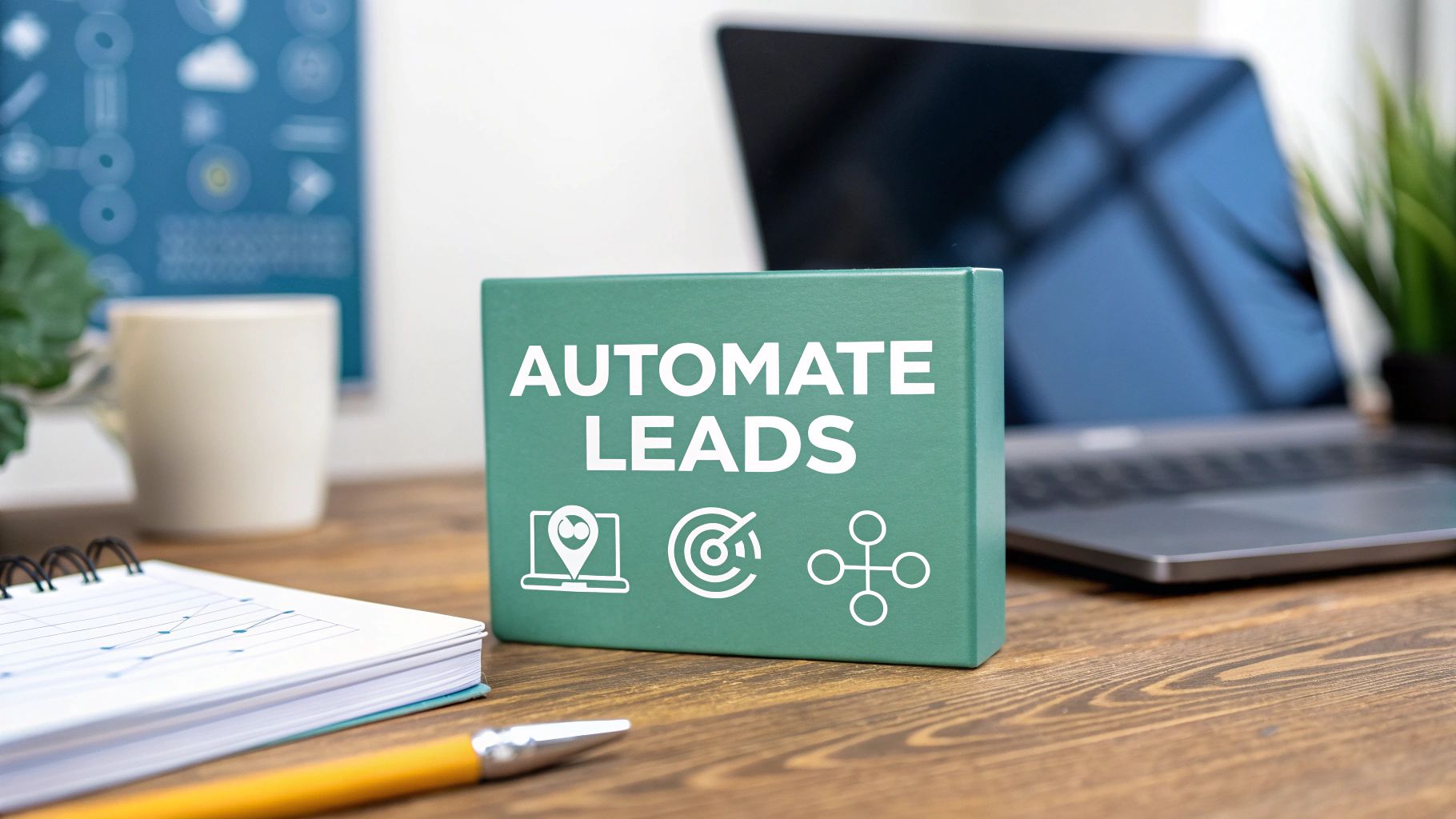The Ultimate Guide to Choosing a CRM for SMBs

In today's fast-paced business world, managing relationships with your customers is more crucial than ever, especially for small and medium-sized businesses (SMBs). Imagine a tool that helps you track customers, remember important conversations, and even predict what they might need next. That's where a Customer Relationship Management system, or CRM, comes into play. But with so many options out there, how do you choose the one that's perfect for your business needs? Don't worry; we've got you covered!
Welcome to "The Ultimate Guide to Choosing a CRM for SMBs," where we'll walk you through the essential steps to find a CRM that fits your unique business requirements. Think of this guide as your road map, steering you clear of confusion and straight toward a CRM solution that's as tailored as your favorite suit. Whether you're new to CRM or looking to upgrade, this guide will simplify the selection process, ensuring you pick a tool that enhances efficiency and fosters growth as explained in this article.
In this guide, you'll learn everything from understanding the basics of CRM systems to evaluating different options and trying demos. By the end, you’ll gain the confidence to make an informed decision, setting your business up for long-term success. Ready to transform how you engage with customers and drive your business forward? Let’s dive in!
Section 1: Understanding CRM Basics
Imagine your business is like a friendly neighborhood store. You know each customer by name, remember their favorite products, and chat about their lives. As your business grows, it gets harder to keep up with everyone. That's when a CRM, or Customer Relationship Management tool, becomes your new best friend. Think of a CRM as a digital notebook that helps you keep track of your customers. It remembers who's who, what they like, and when you last talked to them.
For small and medium-sized businesses (SMBs), a CRM is like having an extra pair of hands. It's not just about storing names and numbers; it's about building stronger relationships. Why is this important? Because happy customers come back for more and tell their friends, helping your business grow.
A good CRM has features like contact management, where you can see all your customer details in one place. It also has sales tracking, which lets you follow up on what customers buy and when. Need to remember to email someone next month? A CRM can handle that too! By keeping everything organized, a CRM helps you offer better service, making your SMB a place customers love. That's why understanding CRM basics is the first step to choosing the right one for your business.



.png)
.png)






.png)